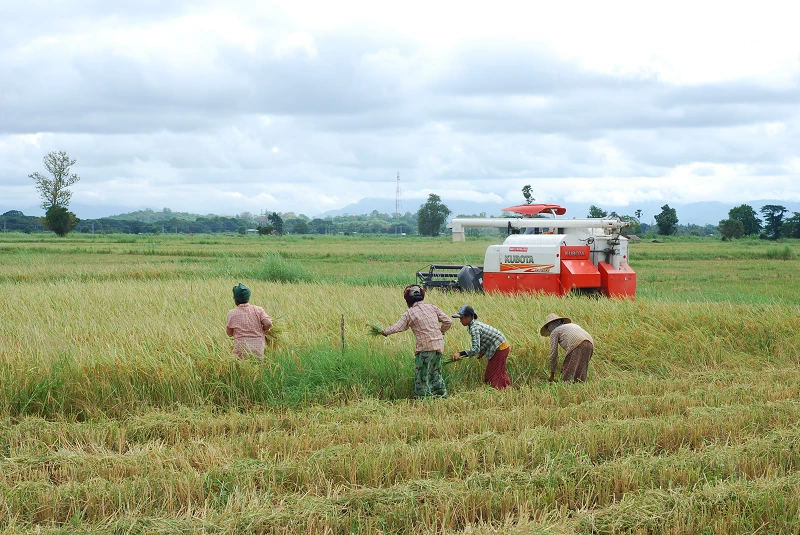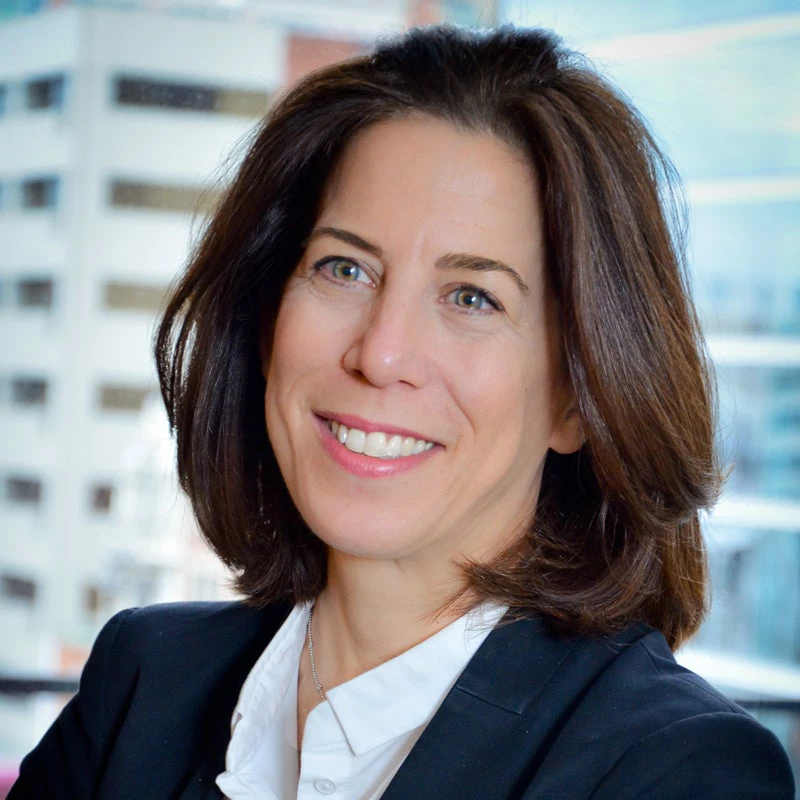Also available in Myanmar (.pdf)

In our previous post, we discussed some of the major land-related challenges facing Myanmar’s transition and development. In fact, resolving outstanding land issues will help the country achieve social cohesion and stability, poverty reduction, sustainable urbanization, as well as economic growth.
The government has already started taking measures to institute strong and effective land administration.
In January 2016, the outgoing government endorsed the National Land Use Policy (NLUP) and the current government continues to use it as the starting point for its land-related work. This is good news, as the NLUP was prepared in an unprecedented multi-stakeholder consultation process, which included the civil society. The process also reached a wide sectoral consensus. This was quite an achievement, as NLUP covers the key aspects of land tenure, administration, and management, and the delicate processes of disposing, acquiring, and solving disputes over land.
NLUP also sets principles for the future Land Information Management in Myanmar, including land records and geospatial information. Fittingly, the World Bank supports testing inclusive approaches for land administration under an ongoing irrigation project. This initial engagement includes revisiting approaches for renewing and upgrading cadastral maps and land records, as well as land consolidation, and building capacity for larger scale implementation in the near future. In parallel, the World Bank is supporting peer learning through visits and engagement of government with counterparts in other countries with recent experience in reforming land administration.
Another major action area of great potential is in the geospatial field. Current technology enables much faster gathering of land information and can make that information easily and broadly accessible. Myanmar has a good national reference network and capacity for producing spatial data, but its use has been largely restricted to the military. Opening up that geospatial infrastructure and data to serve development more broadly will be a key step towards location-based decision-making.
Myanmar has already started working on a One Map approach for establishing a unified base for all location-based planning, decision-making, and monitoring in the country. The work is only starting, but can progress quickly once basic agreements and coordinating structures are in place. Similarly, establishing and revitalizing land records and cadastral maps will be more feasible in Myanmar than for countries undertaking these efforts in the past due to the arrival of new technologies and the know-how available from comparable cases and countries. Technologies advance at a rapid pace, and there are ample lessons available from around the world to guide the way towards sustainable and inclusive land administration, whether rural or urban.
At first, maps and data may seem small steps in resolving such complex issues. Yet, robust and accessible information on boundaries, ownership, and land use are important tools. They help citizens and businesses exercise land rights and buy and sell land, while enabling the government to enforce land laws and regulations in a fair and transparent manner.
The challenges of land security, markets, and administration are daunting in most developing countries, and all the more so in Myanmar, given its decades-long history of conflict. Building stakeholder buy-in, robust, synchronized, and publically available land information, and continued commitment to action, will be critical. The government has already made substantial progress, and its efforts to engage stakeholders, along with investments in technological advances, bode well for Myanmar.
Learn more about the World Bank’s work in Myanmar as well as on land issues.



Join the Conversation